Indigenous Governance Database
clan systems
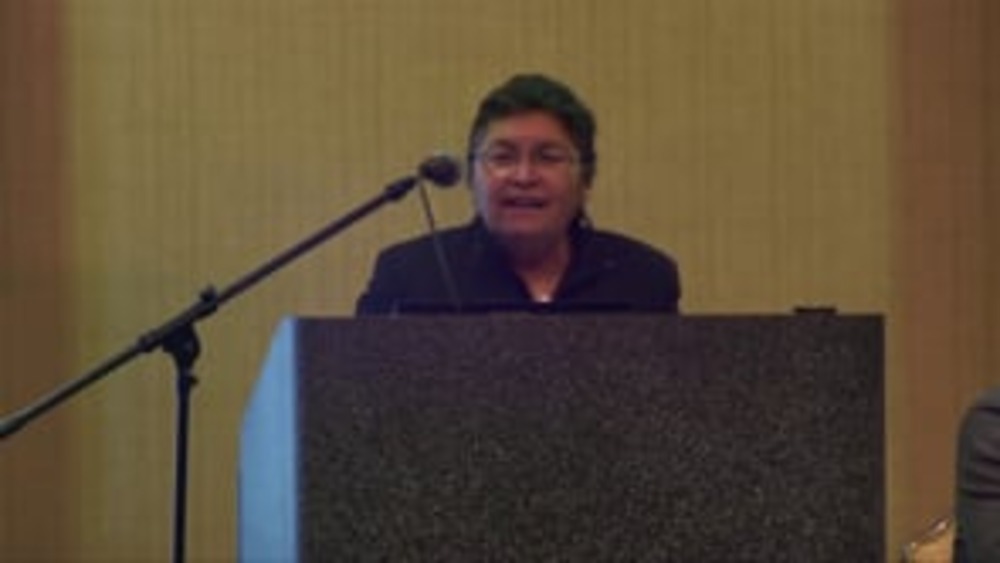
Sharon Day: Disenrollment: Contemplating A More Inclusive Approach
Sharon Day (Bois Forte Band of Chippewa) makes a compelling case for Native nations to abandon externally imposed criteria for citizenship that continue to cause internal divisions within Native nations and communities and instead return to Indigenous cultural values and teachings predicated on…
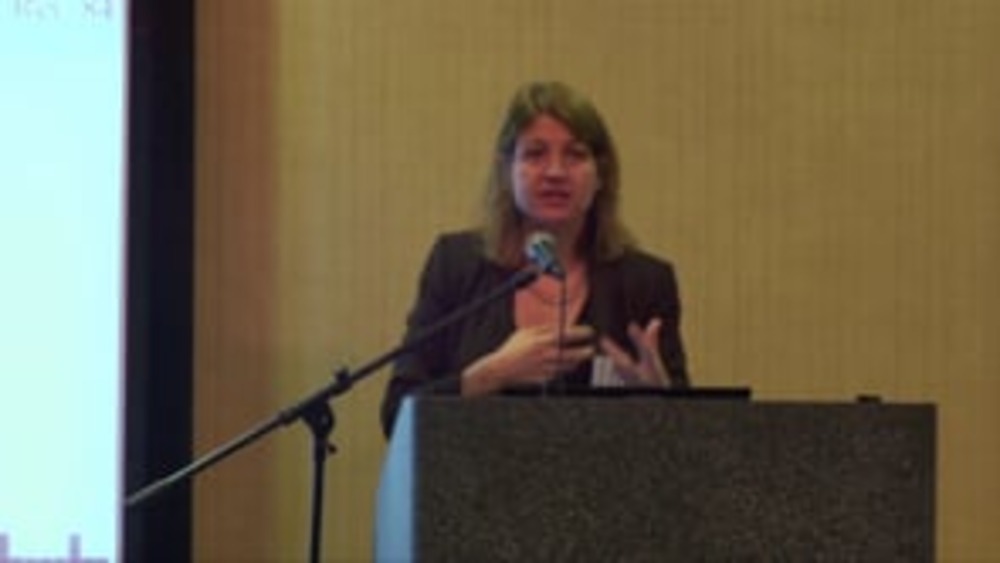
Bethany Berger: Citizenship: Culture, Language and Law
University of Connecticut Law Professor Bethany Berger provides a brief history of the federal policies that have negatively impacted the ways that Native nations define and enforce their criteria for citizenship historically through to the present day. This video resource is featured on the…

Disenrollment Is a Tool of the Colonizers
Our elders and spiritual leaders do not teach the practice of disenrollment. In fact, disenrollment is a wholly non-Indian construct. Indeed, when I recently asked Eric Bernando, a Grand Ronde descendant of his tribe’s Treaty Chief and fluent Chinook Wawa speaker, if there was a Chinook Wawa word…
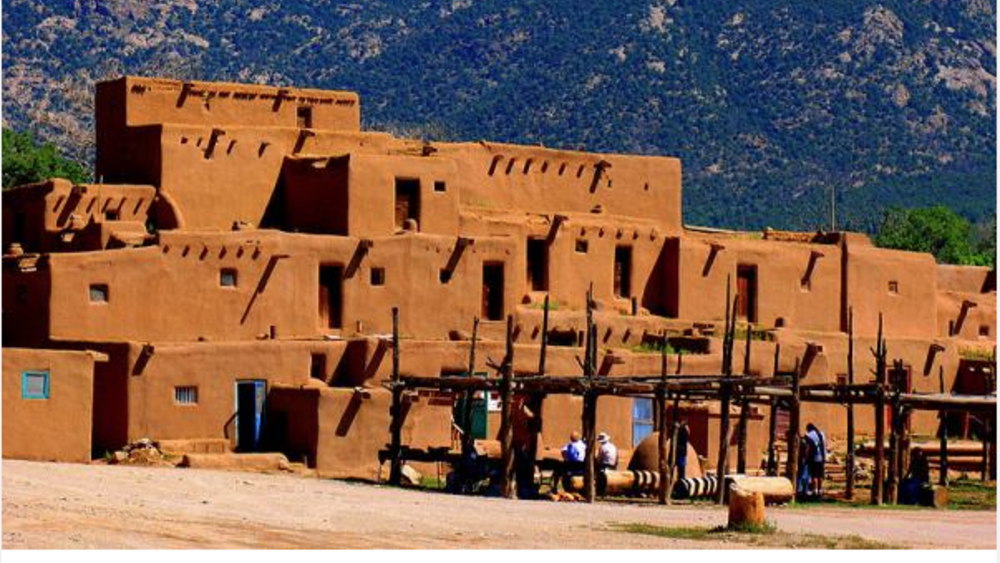
Indigenous Nations Have the Right to Choose: Renewal or Contract
When making significant change Indigenous nations make choices about whether to build on traditions or to adopt new forms of government, economy, culture or community. Many changes are external and often forced upon contemporary Indigenous Peoples. Adapting to competitive markets, or new…
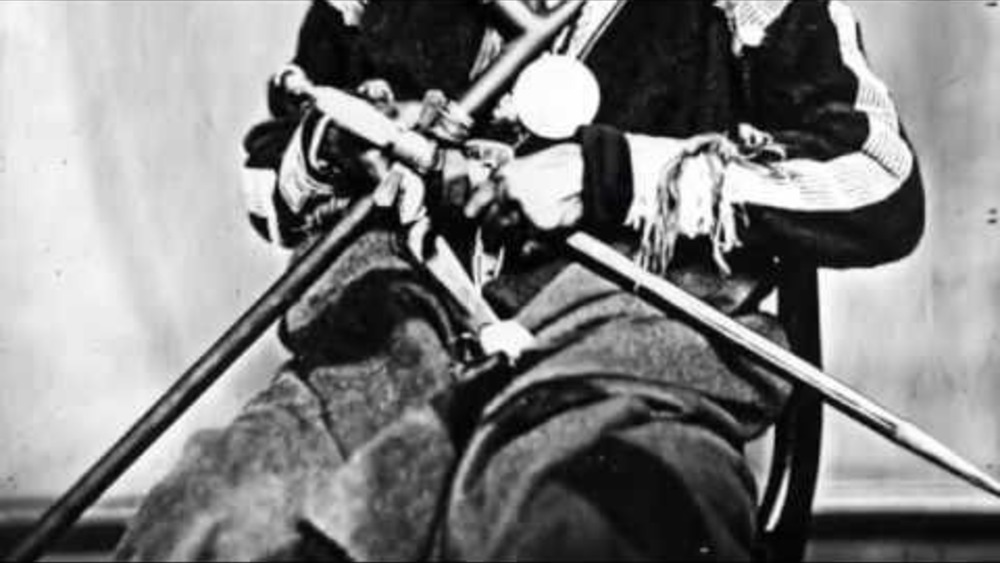
Indoodem: Who is a Red Lake Ojibwe, the Making of the Red Lake Constitution
Produced by the Red Lake Constitution Reform Committee, "Indoodem" provides Red Lake Nation citizens and others with information on clan systems and enrollment in the Red Lake Nation. The film documents the origins of blood quantum and traditional ways of knowing who was a part of the community.…
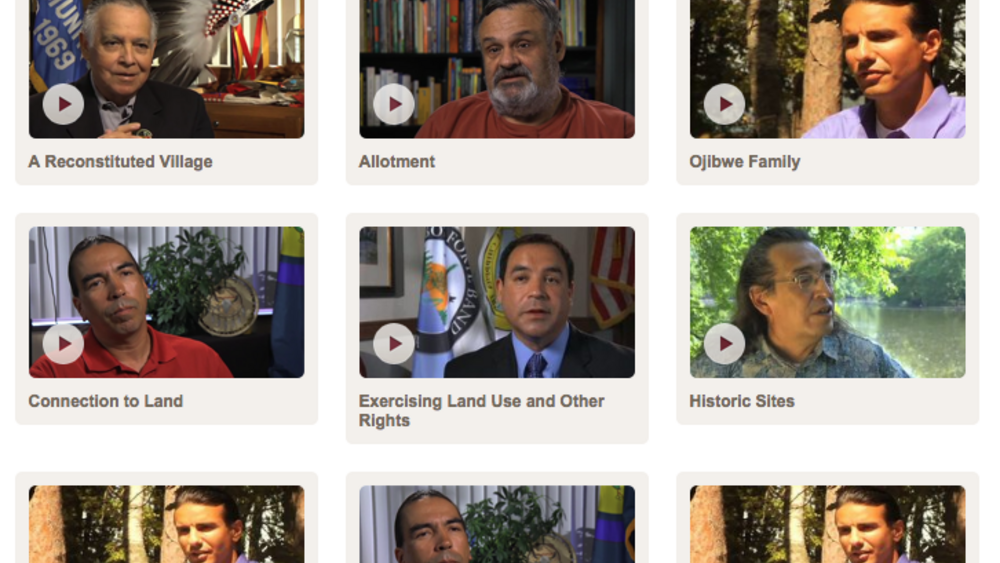
Why Treaties Matter: Video Gallery
This video gallery serves as a companion piece to "Why Treaties Matter - Self Government in the Dakota and Ojibwe Nations," a travelling exhibit on treaties between Dakota and Ojibwe people and the U.S. It features testimonies from Native nation leaders and citizens about many of the exhibit's main…
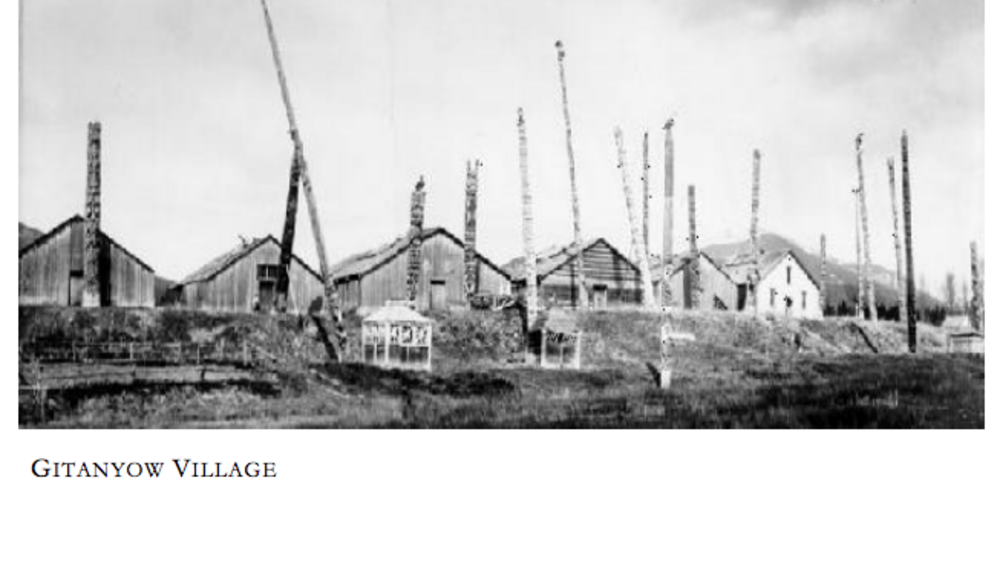
The Gitanyow Ayookxw: The Constitution of the Gitanyow Nation
WE are the Gitanyow peoples. We have a long-standing and rich oral tradition which speaks to all aspects of our lives. This written Constitution must be interpreted and understood in the context of our oral history and oral traditions... THEREFORE, by virtue of our inherent right to…
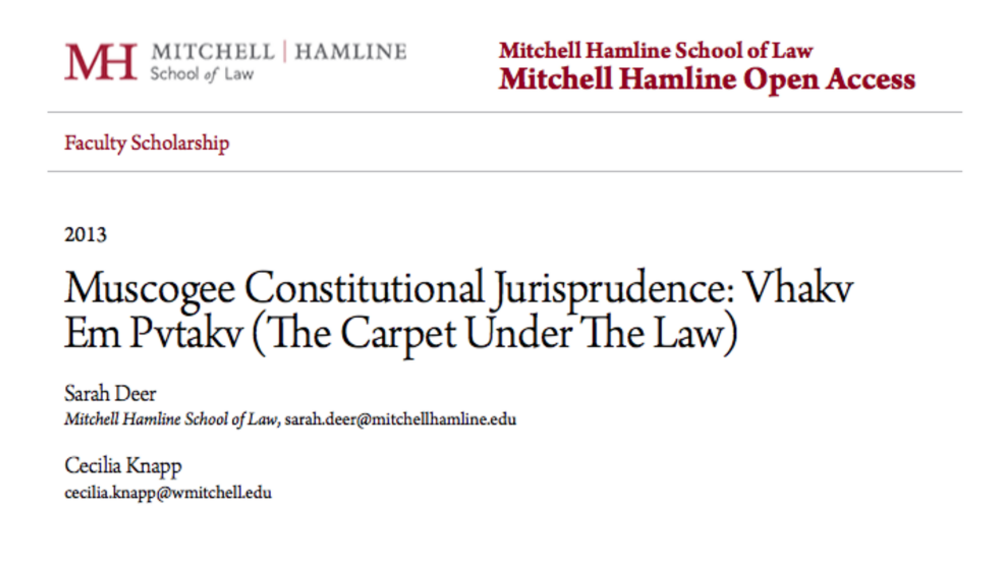
Muscogee Constitutional Jurisprudence: Vhakv Em Pvtakv (The Carpet Under The Law)
In 1974, a group of Mvskoke citizens from Oklahoma sued the federal government in federal court. Hanging in the balance was the future of Mvskoke self-determination. The plaintiffs insisted that their 1867 Constitution remained in full effect, and that they still governed themselves pursuant to it…
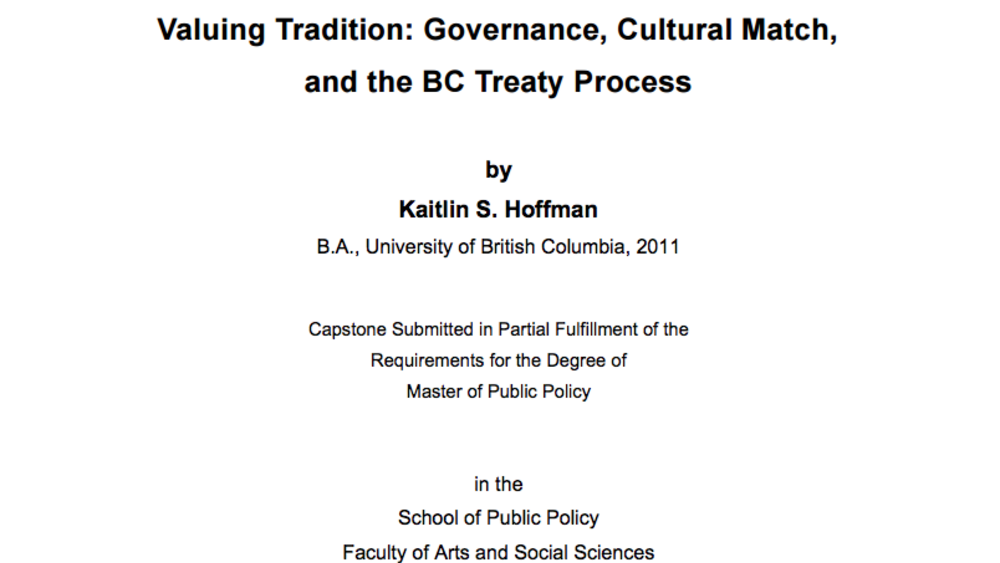
Valuing Tradition: Governance, Cultural Match, and the BC Treaty Process
Self-governance negotiations are an integral part of British Columbia's modern day treaty process. At some treaty tables, impasses have resulted from differences on how to include traditional First Nations governance within treaty. Although some First Nations are determined to pursue traditional…
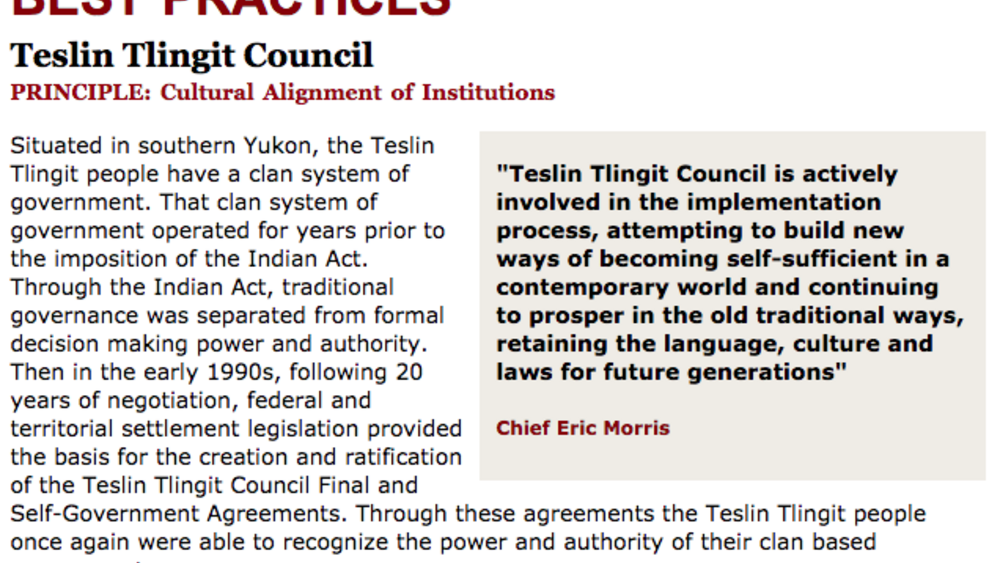
Best Practices Case Study (Cultural Alignment of Institutions): Teslin Tlingit Council
Situated in southern Yukon, the Teslin Tlingit people have a clan system of government. That clan system of government operated for years prior to the imposition of the Indian Act. Through the Indian Act, traditional governance was separated from formal decision-making power and authority. Then in…
